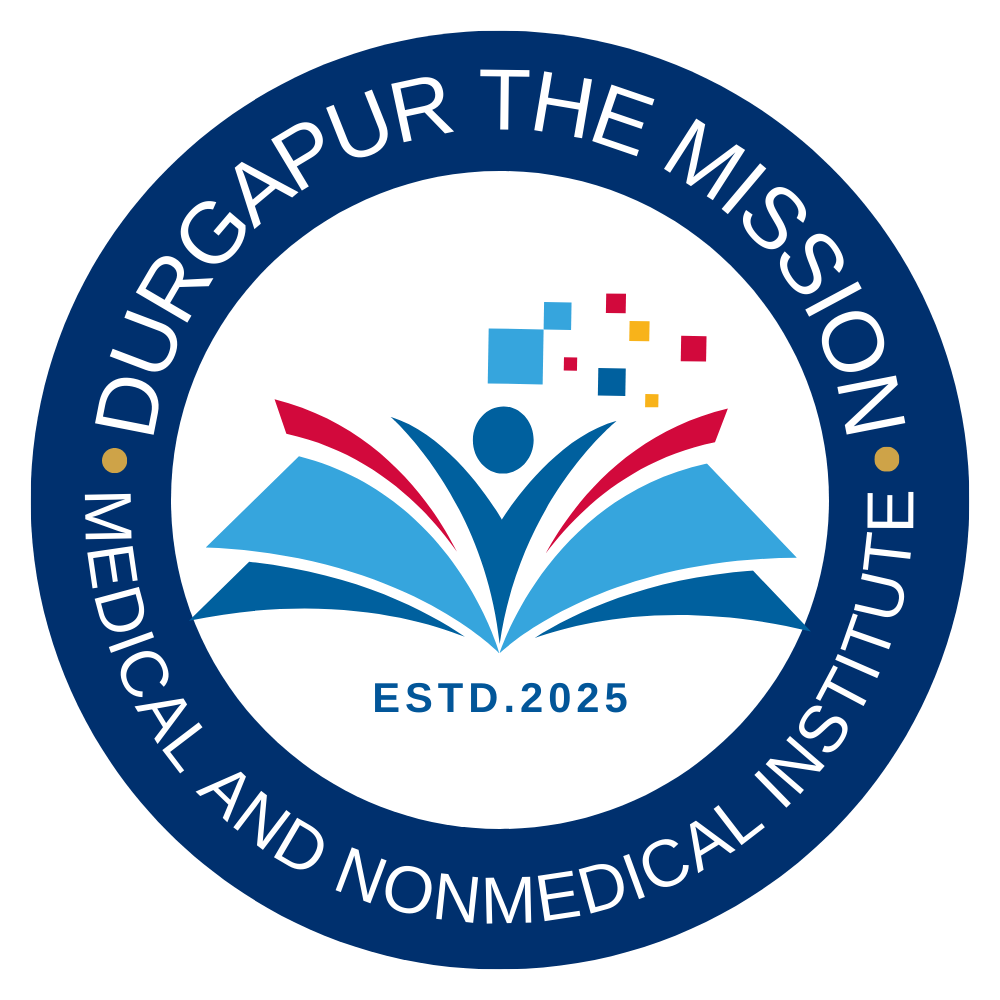Ph.D. Program Overview
A Ph.D. is the highest academic degree awarded in a chosen field of study. It typically involves rigorous coursework, independent research, and the submission of a doctoral thesis. This academic path is designed for individuals aspiring to pursue careers in academia, research, consulting, and specialized roles in various industries.
Ph.D. Eligibility Criteria
To apply for a Ph.D. program in India, candidates must typically meet the following criteria:
Educational Qualification: A Master’s degree in the relevant field with a minimum of 55% marks (50% for candidates belonging to SC/ST/OBC non-creamy layer/differently-abled categories).
Entrance Test: Most institutions conduct an entrance exam. However, candidates who have cleared UGC-NET (including JRF), CSIR-NET, SLET, GATE, or hold teacher fellowships are usually exempted.
Interview: Candidates shortlisted after the entrance exam must undergo a personal interview to assess research aptitude and suitability.
Note: Eligibility requirements may vary depending on the department or institution. Always refer to the official admission brochure for the most accurate information.
Why Pursue a Ph.D.?
Here are some compelling reasons to pursue a Ph.D.:
Academic Growth: Build an in-depth understanding of your chosen subject and contribute original research.
Expert Mentorship: Work under the guidance of experienced faculty who are active researchers.
Research Facilities: Access to libraries, laboratories, and digital tools essential for advanced research.
Scholarship Opportunities: Avail of financial support through various national fellowships like UGC-JRF/SRF, Maulana Azad National Fellowship, and Rajiv Gandhi National Fellowship.
Career Advancement: A Ph.D. opens doors to careers in teaching, R&D, consulting, policy-making, and entrepreneurship.
Ph.D. Program Highlights
| Feature | Description |
|---|---|
| Program Name | Ph.D. |
| Duration | Minimum 3 years; Maximum 6 years |
| Eligibility | Master’s degree with 55% (50% for reserved categories) |
| Admission Process | Entrance Exam + Interview |
| Research Fields | Science, Social Sciences, Humanities, Management, and more |
| Coursework | Based on UGC guidelines |
| Proposal Submission | Within 6 months of admission |
| Thesis Requirement | Mandatory research thesis & viva-voce |
| Publication | At least one paper in a peer-reviewed journal |
| Guidance | Supervised by qualified faculty |
| Fellowships | Available through national programs |
| Facilities | Access to research labs, libraries, and computing resources |
Ph.D. Admission Process (2025 Expected Flow)
Notification: Official announcement outlining eligibility, dates, and process.
Application: Online submission through the institute’s portal.
Entrance Exam: Required unless exempted by national-level qualification.
Interview/Viva: Shortlisted candidates appear before a selection panel.
Final Selection: Based on combined performance and fulfillment of criteria.
Admission Formalities: Submission of documents and fee payment.
Ph.D. Coursework and Syllabus
The doctoral syllabus generally includes:
Research Methodology: Fundamentals of research design and data analysis.
Subject-Specific Papers: Advanced topics relevant to the research area.
Literature Review: Critical evaluation of existing research.
Proposal Development: Formulation of a research plan and objectives.
Research Work: Fieldwork, data collection, and interpretation.
Thesis Writing: Documentation of findings in a prescribed format.
Viva-Voce: Oral defense before an academic panel.
Note: The syllabus may vary depending on the stream and department.
Scope After Ph.D.
Completing a Ph.D. opens diverse professional avenues:
Academia: Become a professor, lecturer, or post-doctoral researcher.
Research & Development: Join public/private R&D labs or think tanks.
Government Roles: Positions in policymaking, advisory councils, and education boards.
Corporate Sector: Roles in innovation, strategy, data science, or consulting.
Entrepreneurship: Start your own research-based venture or consultancy.
Writing & Journalism: Become a scientific writer, analyst, or editor.
FAQs – Ph.D. Program
Q: What is the duration of a Ph.D. program?
A: Typically, it ranges between 3 to 6 years, depending on the field and progress of research.
Q: Who is eligible to apply?
A: Applicants must have a Master’s degree with at least 55% marks (50% for reserved categories).
Q: Is there any entrance exam?
A: Yes, most programs require an entrance test unless you’re exempted due to qualifications like NET/JRF/GATE.
Q: Do I need to publish research during the Ph.D.?
A: Yes, publishing at least one paper in a peer-reviewed journal is usually required before thesis submission.
Q: Are scholarships available?
A: Yes, multiple national fellowships are available for eligible candidates.

